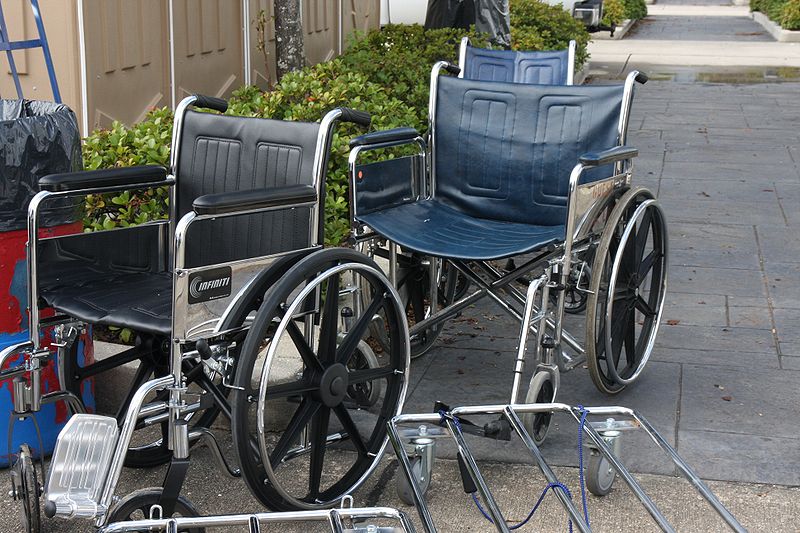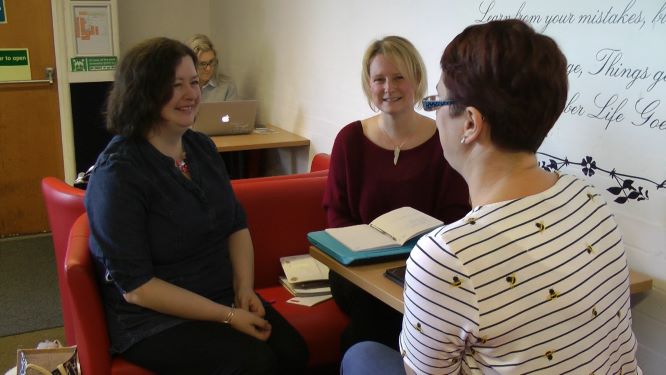All eyes were on Tory Chancellor George Osborne as he delivered his Autumn Statement, thus outlining the coalition government’s future economic plans for cutting deficits and kick-starting the UK economy.
Whilst the headlines were dominated by Osborne’s supposed U-turn on an intended 3p rise in fuel duty, the increases made to certain benefits became one the more interesting stories during an important day for the government.
[one_half] [/one_half]Osborne’s declaration that the Employment and Support Allowance (the replacement of the Incapacity Benefit) would only rise by 1% per year, thus lower than the current 2.6% rate of inflation, sparked fury among disability campaigners who wondered how disabled people would be able to cope with such a small rise in benefits.
Furthermore, Nikky C of the Liberal Conspiracy Blog reacted angrily to Osborne grouping the ESA with the Job seekers allowance, while other disability and carer benefits were increased in line with inflation.
On Osborne’s Autumn Statement, Chief Executive of disability charity Scope, Richard Hawkes, said “if the Government is serious about a Paralympics legacy where disabled people can fulfil their potential, then it’s time to strike a different tone when it comes to talking about welfare.”
At least 1 million disabled people not 'protected' in Autumn Statement.
If you have listened to the Autumn… http://t.co/PROZHrJ5— Disability Rights UK (@DisRightsUK) December 6, 2012
Hawkes continued claiming that “a 1% increase in Employment and Support Allowance for the next three years is effectively a cut. Disabled people face massive barriers to finding work. The fitness for work test is failing and the Work Programme isn’t delivering. This will make it even tougher for disabled people looking for work in this challenging economic environment.”
Under current government plans, the ESA grants under 25s an initial amount of £56.25 per week which may rise if claimers attend support groups or work related activity groups.
Interesting that George Osborne doesn't see employment and support allowance as a 'disability' benefit when it replaced incapacity benefit
— Sarah Pennells (@Sarah_Pennells) December 5, 2012
However, how much each individual can claim is affected by such circumstances as the amount of National Insurance contributions made or the amount of income they are currently receiving, thus putting disabled people completely unable to work at all at a debatable disadvantage.
Furthermore, from April 2013 the government will introduce a cap to the amount of benefits one individual can claim, and although this will not affect those who attend support groups because they are too disabled to work, surely some disabled people who currently claim ESA will notice this change as well.
Tell us what you think about the rise in the Employment and Support Allowance and whether it’s justified.
Main image courtesy of Jacinta Quesada, Wiki Commons








